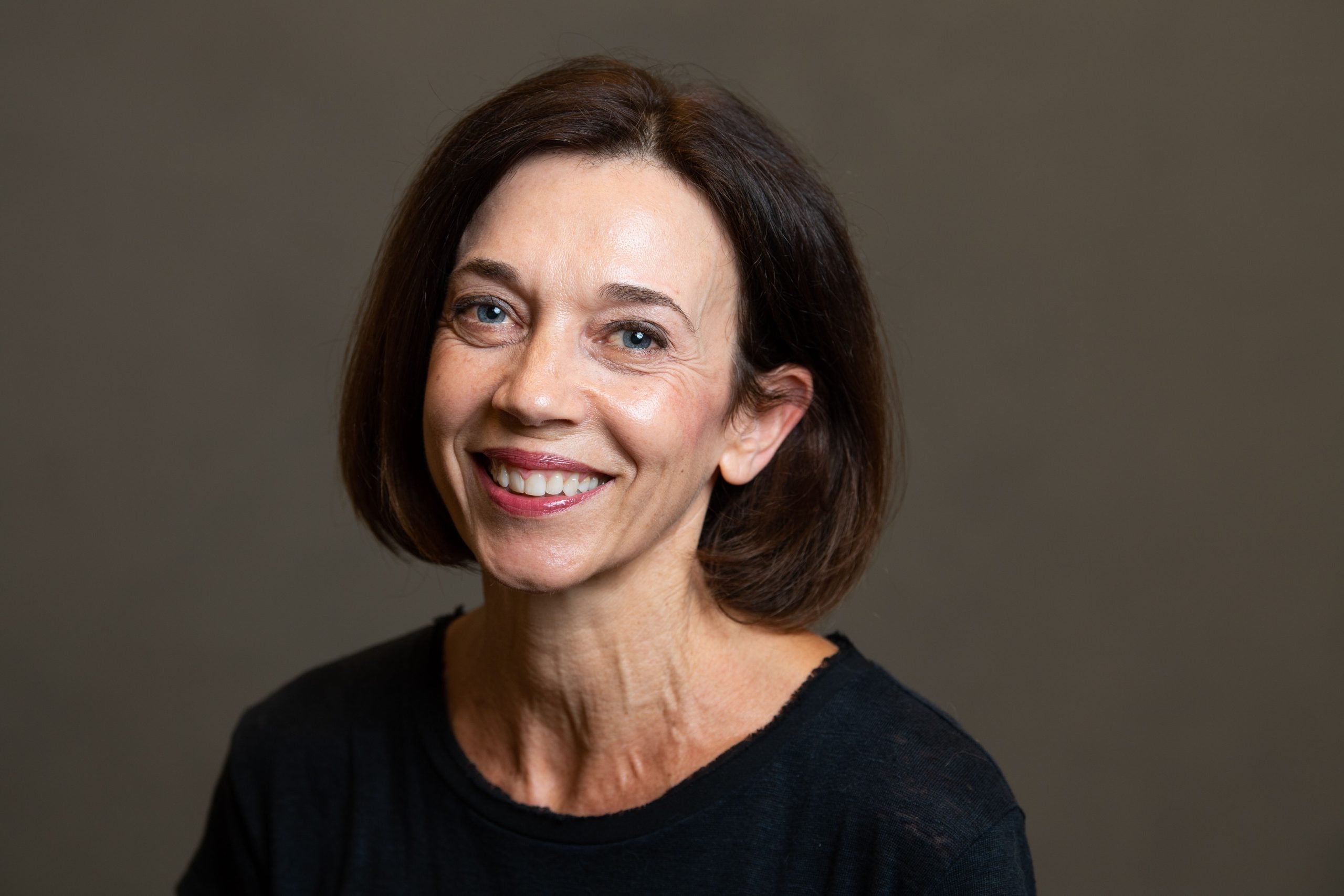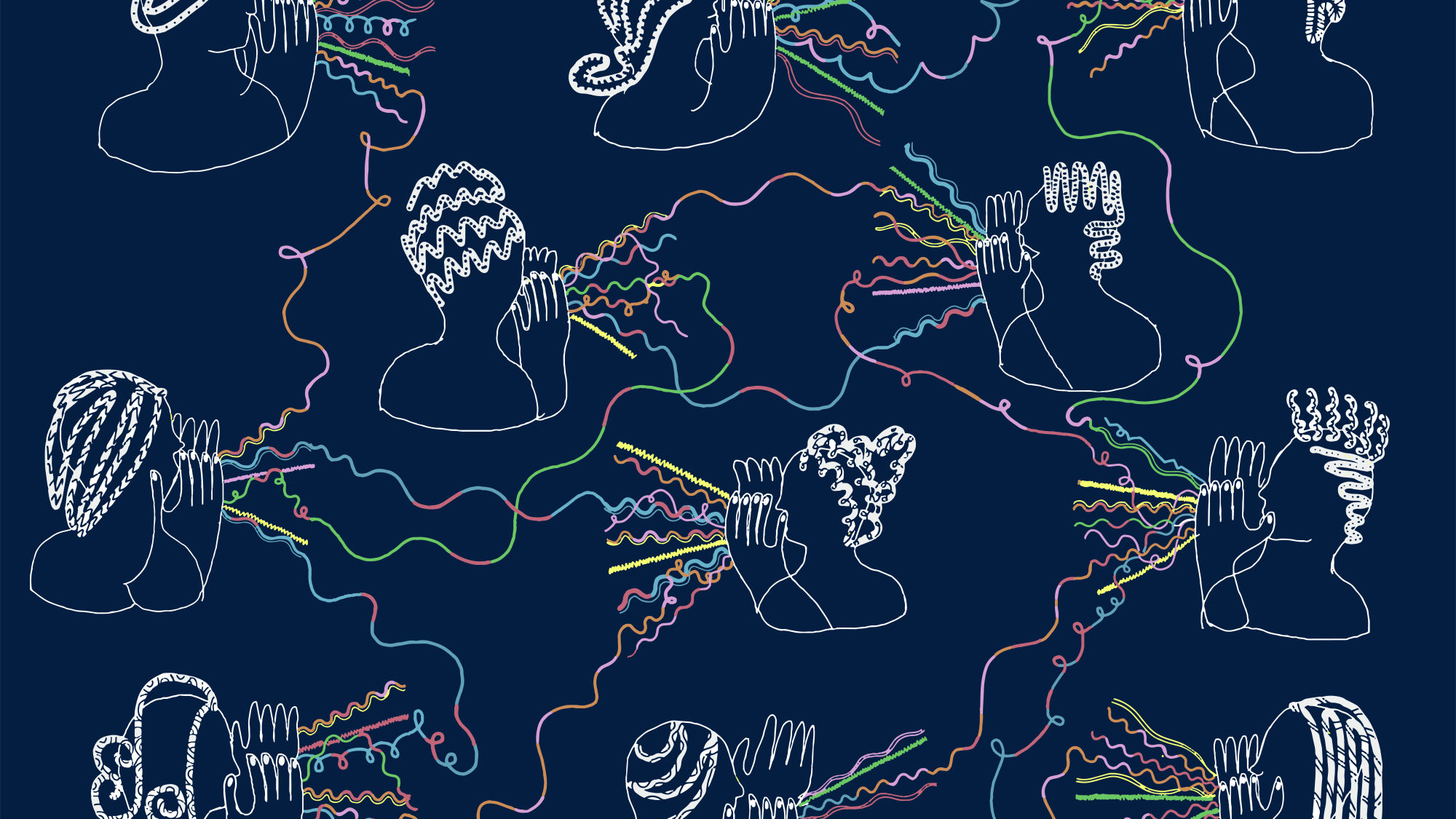ECo Talks: An Overview of Climate Change Scenarios with Claudia Tebaldi
Claudia Tebaldi, Earth Scientist from Joint Global Change Research Institute, Pacific Northwest National Laboratory & University of Maryland, will present her talk, ” From narratives of future socio-economic development to calculations of risk from floods and heatwaves. An overview of climate change scenarios,” as part of the ECo Talks series produced by the Earth Commons.
About the Speaker:
Claudia Tebaldi has been working on climate change science since the early 2000s. She is a statistician by training and has always enjoyed working on problems that involve signal-to-noise analysis. These have been mainly centered around uncertainty characterization in future projections, with focus on changes at the regional scale, particularly in extremes, and observation-based detection and attribution studies. She is interested in connecting her work on the physical changes of the climate system to impact studies and risk assessment, and more recently, scenario development.
Claudia was a staff scientist at the National Center for Atmospheric Research (NCAR), and Climate Central Inc. and joined the Joint Global Change Research Institute, a division of the Pacific Northwest National Laboratory affiliated to University of Maryland in 2019.
She was a Lead Author for Working Group 1 (The Physical Science Basis) of the Fifth and Sixth Assessments of the Intergovernmental Panel on Climate Change (IPCC) and a Contributing Author for Working Group 1 and 2 (Impacts, Adaptation and Vulnerability) of the Fourth IPCC Assessment. She is an author of the 5th US National Climate Assessment (NCA5) to be released this fall. She maintains an affiliation to Climate Central, a non-profit, non-advocacy, science-communication organization dedicated to educating the US public to the impacts of climate change and its solutions.
About the Talk:
“In this talk I would like to describe the so-called scenario framework, which guides the development of future socio-economic projections, the emissions and land use changes that those imply, the outcomes of climate models that run according to these anthropogenic forcings, and ultimately, our integrated studies of risk from climate change impacts, and mitigation choices.
I will start by presenting the Shared Socio-economic Pathways (SSPs), their rationale and content, which give us five alternative storylines of what 21st century societies and economies will look like, and their corresponding quantitative elements, like GDP and population growth. I will then explain the role of integrated assessment models (IAMs) in producing emission pathways according to the SSP assumptions, both baseline and mitigated trajectories. What IAMs thus produce are known by labels referring to the strength of radiative forcings, as Representative Concentration Pathways (RCPs). I will rehash the choice made by ScenarioMIP for CMIP6 of a set of these pathways to be run by climate models and then give an overview of very high-level results from the CMIP6 climate models according to those scenarios, which will paint a stylized view of the physical climate outcomes according to the various trajectories. But as we know, physical climate changes are just one component of what makes up risk. The human components of exposure and vulnerability are as important, sometimes even more so. I will then conclude by clarifying the matrix structure of this entire framework, whereby outcomes from different RCPs can be combined with projections of socio-economic conditions from different SSPs ‘a posteriori’ to study the relative importance of the different ingredients of risk.”
Event Details: Light refreshments will be provided. Free and open to all. No RSVP required.
About the Series: ECo Talks feature scholars, leaders and innovators sparking conversation, sharing knowledge, and spurring change. ECo Talks are presented by the Earth Commons Fridays 11:30 am – 12:30 pm in Arrupe Hall Conference Room. Learn more about the series >>

